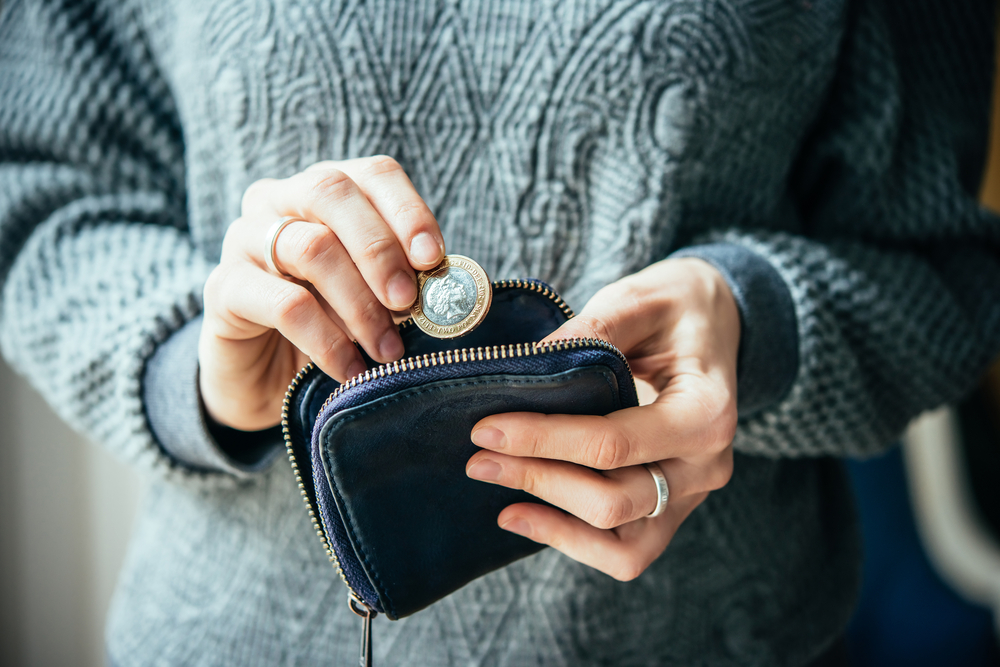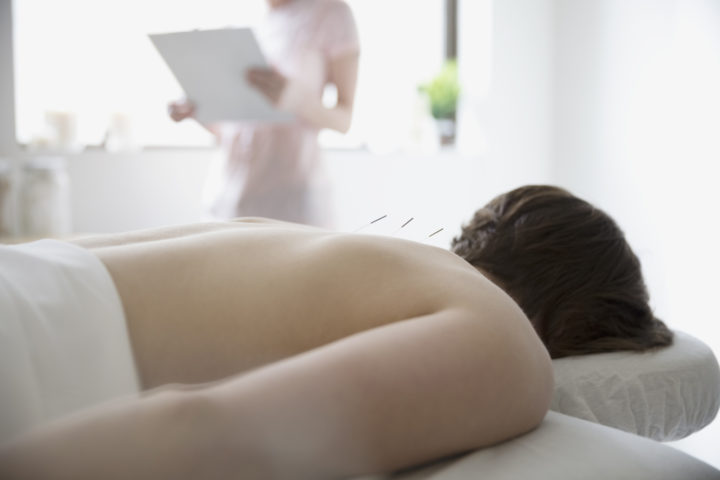Monthly menstruation isn’t a luxury like a car; it’s a part of my biology, and products like tampons are a medical necessity.
The “tampon tax” is a extra tax on all feminine hygiene products: Sanitary pads, tampons, panty shields, and other merchandise. Taxed for having periods is common through the United States, but there are groups of people, like the starters of Free the Tampon, who are working to eliminate the stigma surrounding periods, get the necessities to be tax-less, and promote business owners to make hygiene products available in their restrooms.
Periods are a part of life that seriously costs, and when not everyone has access to tampons and sanitary pads as is, is taxing feminine hygiene products really fair? Maryland and New Jersey are two of the states that have decided to do away with the tax on tampons, and college campuses across the country are slowly following. By eliminating the tax, lawmakers acknowledge that periods are not a luxury, but are simply another bodily function that must be dealt with.
On the other side of the spectrum, New York currently exempts medical necessities from taxation; a few of these deemed necessities are dandruff shampoo and Viagra, but not tampons. What is it about the feminine hygiene products that deem them not a medical necessity? We’re in need of monthly supplies, and for those who struggle already with getting the food and housing, this is another unneeded but completely indispensable cost.
But before you think all hope is lost, there are some places around the U.S. fighting the good tampon tax fight. Columbia University is now offering free tampons, a practice that began after spring break this year. Boston University’s Center for Gender, Sexuality, and Activism is the only place on campus that readily offers free feminine hygiene products to the students on Boston University’s Charles River Campus. For people whose colleges have yet to offer free hygiene products or are struggling to obtain them, websites like Panty Prop send free pads to those who ask for them. Colleges are often known as the great melting pot of ideas and personalities. It’s the place where possibilities are explored, and by offering up this trial for the student masses we’re taking a step further to gender equality.
States, like campuses, are taking notice of the public’s demand for free or tax-free sanity items. California, New York, and Connecticut are some of the states working to pass legislation that would make tampons, pads, and other feminine hygiene products tax exempt. The campaign Free the Tampon believes “that every bathroom outside the home” should have tampons accessible to women for free of charge. The momentum from this movement is becoming more prominent across platforms: Media, classrooms, and grocery store bathrooms.
The supporters of the tax exemption for tampons compare them to other items you find in restrooms: toilet paper, paper towels, and the water to wash your hands with. However, not everyone is a supporter. Utah’s panel of all male lawmakers, voted to keep the tampon tax. President Obama says in a YouTube interview how male lawmakers may be a reason for the sanitary items taxed as a luxury good, and suggests looking into state governments and state laws and talking to state legislators for a way to reverse the tax.
Having a period is not stopping any time soon, but hopefully, with the help of state legislators, voters, and movers-and-shakers, feminine hygiene products will cease to be taxed and instead be available in public bathrooms as readily as the toilet paper.




comments